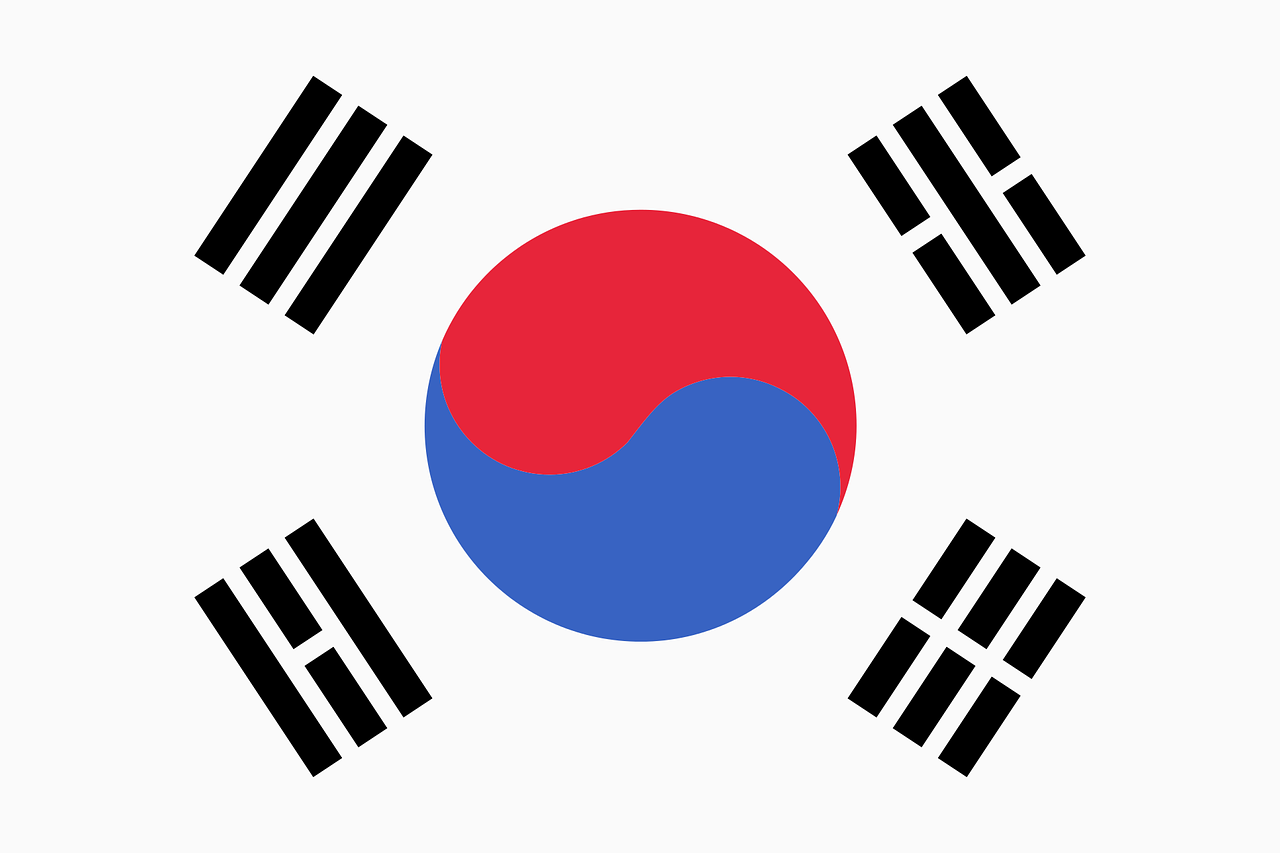
403
Sorry!!
Error! We're sorry, but the page you were
looking for doesn't exist.
S-Korean parliament accuses Leader Yoon
(MENAFN) The South Korean National Assembly has voted to impeach President Yoon Suk Yeol following his brief imposition of martial law last week. The vote, which passed with 204 in favor and 85 against, exceeded the required threshold of 200 votes. While all 300 members of parliament were present, three abstained, and eight ballots were invalid.
As a result of the impeachment, President Yoon is suspended from office, and the South Korean Constitutional Court now has 180 days to decide on his permanent removal. During this period, Prime Minister Han Duck-soo will serve as acting president.
The impeachment vote is being hailed as a victory for South Korean democracy by opposition leaders, including Park Chan-dae of the Democratic Party, who called it a triumph for the people. Yoon had previously survived a failed impeachment attempt just a week earlier when his ruling People Power Party (PPP) boycotted the vote.
The political crisis began on December 3, when Yoon delivered a televised address declaring martial law, claiming the opposition, which he accused of being sympathetic to North Korea, was planning a rebellion. However, within hours, lawmakers in the National Assembly, defying military barricades, voted to rescind the decree. Yoon later withdrew the martial law order, but the controversy sparked widespread protests and led to the impeachment push.
In his defense, Yoon described his martial law decision as a “highly calibrated political judgment” aimed at protecting the nation. He vowed to continue fighting against impeachment and any investigation into his actions, promising to stand firm “till the end.”
As a result of the impeachment, President Yoon is suspended from office, and the South Korean Constitutional Court now has 180 days to decide on his permanent removal. During this period, Prime Minister Han Duck-soo will serve as acting president.
The impeachment vote is being hailed as a victory for South Korean democracy by opposition leaders, including Park Chan-dae of the Democratic Party, who called it a triumph for the people. Yoon had previously survived a failed impeachment attempt just a week earlier when his ruling People Power Party (PPP) boycotted the vote.
The political crisis began on December 3, when Yoon delivered a televised address declaring martial law, claiming the opposition, which he accused of being sympathetic to North Korea, was planning a rebellion. However, within hours, lawmakers in the National Assembly, defying military barricades, voted to rescind the decree. Yoon later withdrew the martial law order, but the controversy sparked widespread protests and led to the impeachment push.
In his defense, Yoon described his martial law decision as a “highly calibrated political judgment” aimed at protecting the nation. He vowed to continue fighting against impeachment and any investigation into his actions, promising to stand firm “till the end.”

Legal Disclaimer:
MENAFN provides the information “as is” without warranty of any kind. We do not accept any responsibility or liability for the accuracy, content, images, videos, licenses, completeness, legality, or reliability of the information contained in this article. If you have any complaints or copyright issues related to this article, kindly contact the provider above.






















Comments
No comment